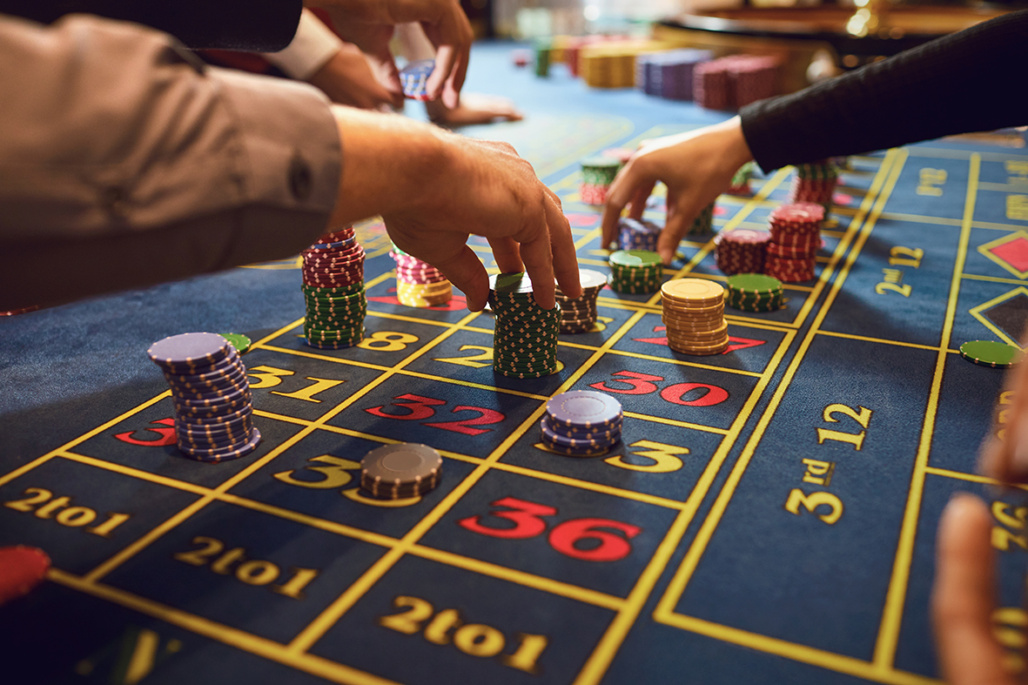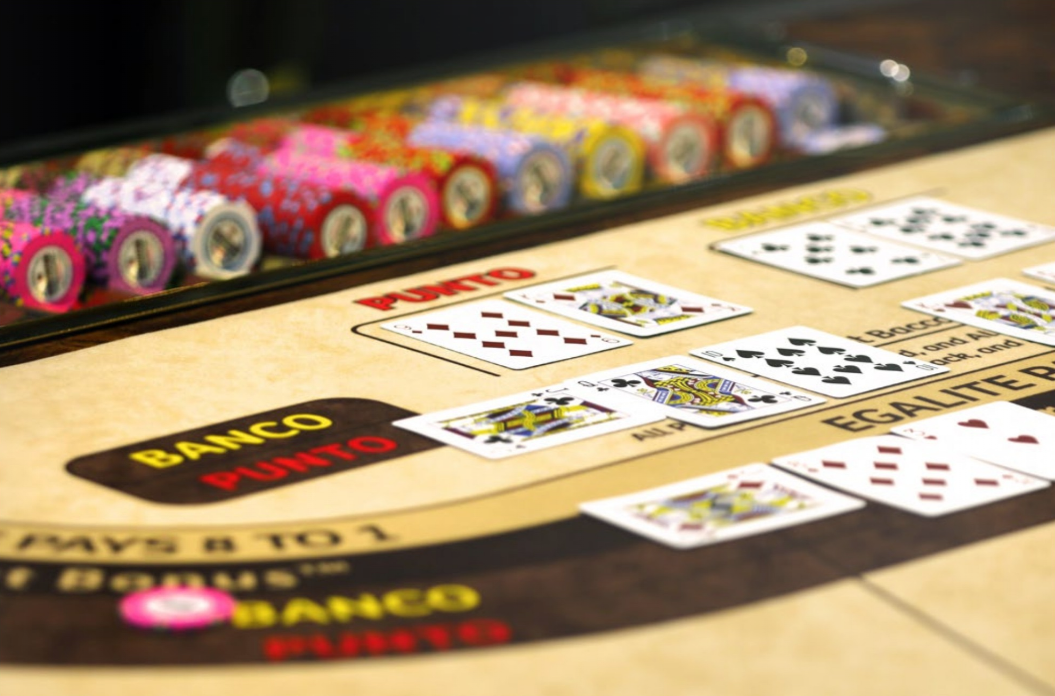Jorge A. F. Godinho
Associate Professor, ISMAT, Portugal
Visiting Professor, University of Macau, China
[Macau Business, July 2024]
The persistent demand for casino games of chance, betting, and lotteries is met by a small number of legalised, regulated, and supervised operators; some have a monopoly. Unfortunately, there is always somebody trying to make money by offering gaming illegally. We know what happens in unlawful gaming operations. They do not need to worry much about the customer. No rules and standards must be observed. The mathematics of the games can be anything.
Underground betting operations and casinos appear regularly, both brick and mortar and online. Illegal sports betting always appears around major international tournaments, such as the football world and European cups. When horse racing existed in Macau, illegal betting was a relatively regular feature. With the internet, the possibilities for unlawful online gaming have multiplied.
The fight against illegal gambling, done by means of criminal law, is an unavoidable and essential component of the overall regulation of gaming. Where legalised gaming exists, the primary criminal policy goal is not to repress gaming as such, but to protect the player and the integrity of the regulated industry.
The current Macau law on gaming crimes, approved in 1996, is being amended by the Legislative Assembly. The first draft keeps classic and important crimes such as the operation of gaming businesses without authorization, fraudulent gaming (cheating), and unlawful loans for gaming (“loansharking”). Other aspects of the 1996 law clearly needed to be reformed or replaced. In doing this, it is necessary to avoid some mistakes and exaggerations. I will highlight a few principles.
First, legal language cannot be a labyrinth. Citizens must be able to understand clearly the border between what is legal and what is not. Criminal laws cannot be vague, obscure, ambiguous, or full of value-based expressions, and therefore unpredictable and impossible to control. Precise concepts, often originating from outside criminal law, must be used. It may be added that when applying the law in court, if a certain gaming law concept has a narrow meaning outside of a criminal law context, it cannot suddenly be extended and gain a much broader meaning inside criminal law for punitive purposes, catching persons by surprise.
Second, not everything should be criminalized. Criminal law is the last resort of social policy and should be used only for major problems, not for petty issues. Minor or merely technical violations should be only administrative law offences, enforced by the regulator and not by the courts.

Third, punishment of not just intentional but also negligent conduct can broaden immensely the scope of any criminal law provisions. This is why there is no crime of negligent money laundering, for example. It should be carefully considered whether negligent conduct should be criminalized and if that even makes any sense.
Fourth, presumptions or assumptions cannot be used in criminal law for incrimination purposes; they directly breach the opposite constitutional rule, the presumption of innocence.
Finally, criminal law in the field of gaming has always been a domestic concern. There are no transnational criminal law efforts against illegal gambling, and this domain continues to be mostly based on domestic laws. This means that international cooperation may be more difficult than in other areas. If the laws are poorly drafted, it gets worse.
Looking forward, I am afraid that there will be a lot more criminal law problems related to gaming in the future. This is due to various factors, including the said expansion of the law on gaming crimes, the current regulatory environment, and the new restrictions on credit for gaming that will start to apply from August.

